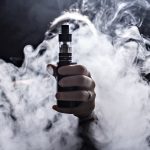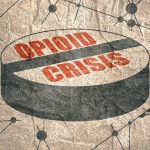A drug is a chemical substance that acts on the brain and nervous system, changing a person’s mood, emotion or state of consciousness. Drugs are often classified by the effect they have.
Stimulants, such as cocaine, make people feel full of energy. Depressants (or sedatives), such as heroin, make people feel relaxed. Hallucinogens, such as LSD, make people see, feel or hear things that are not real. Drug or substance misuse is when a person regularly takes one or more drugs to change their mood, emotion or state of consciousness.
Nitrous oxide may be harmful for ‘heavy users’ according to new review, but more research needed

Ian Hamilton looks at a recent literature review on the presence and prevalence of substance use disorder symptoms in recreational nitrous oxide users.
[read the full story...]









